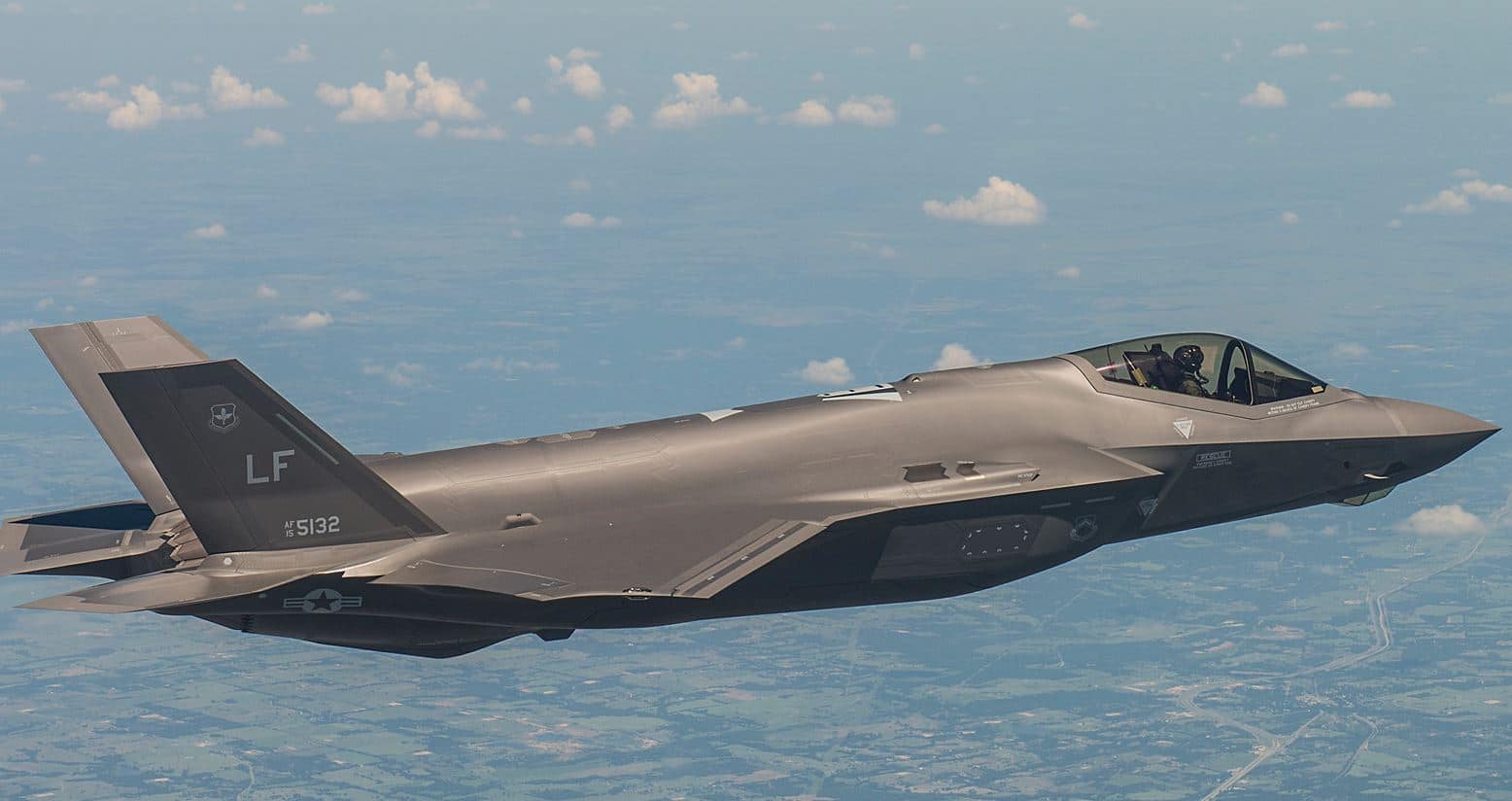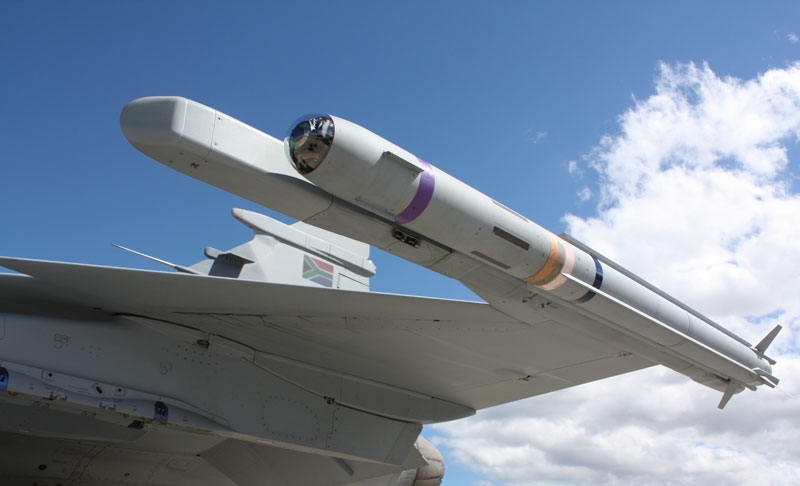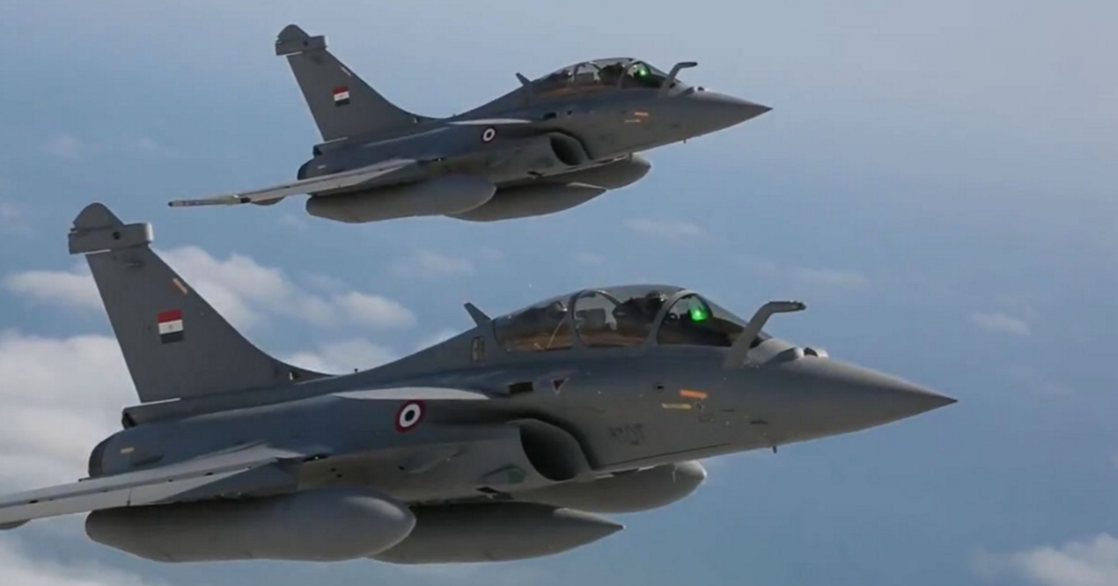2495Views 10Comments

UAE seeking F-35, also signs for F-16 upgrades and in talks for Su-35
The United Arab Emirates (UAE) has signed a $1.6 billion U.S. order for upgrades for its fleet of Lockheed Martin F-16E/F Block-60 fighters. Specifics regarding the contract, which was signed at the on the opening day of the 2017 Dubai Air Show, were not provided.
The provision of the AN/APG-83 AESA radar is the marquee feature of the F-16V upgrade, but the UAE’s F-16E/F Block-60 already utilizes an active electronically-scanned array (AESA) radar in the AN/APG-80. It is possible that the UAE upgrade will primarily focus on avionics and the human-machine-interface (HMI).
Russia’s Deputy Prime Minister Dmitry Rogozin had also announced that the UAE was in talks with Russia for an unspecified number of Sukhoi Su-35 Flanker-E multi-role fighters from United Aircraft Corporation (UAC). The Russian side hopes to finalize a contract before the end of 2017.
Abu Dhabi’s long-term aspirations involve inducting a 5th-generation fighter. Defense News reported that the UAE was seeking 24 Lockheed Martin F-35 Lightning II fighters.
The Deputy Commander of the UAE Air Force, Brig. Gen. Rashed M. Al-Shamsi stated, “equipping the Air Force requires connected multi-role platforms with the ability to share data, enhanced intelligence collection and distribution of the capabilities … [with] a timely and reactive dynamic targeting process.”
In February, the UAE and Russia’s UAC had agreed to co-develop a lightweight next-generation fighter. At the time, Russia’s Minister of Industry and Trade Denis Manturov stated, “We’ve signed an agreement on industrial cooperation in the field of military engineering. This will enable us to push ahead with the fifth-generation-jet project, in which the UAE will participate.”
The status of this joint-program is unclear, especially in light of the UAE’s interest in the F-35 Lightning II, but Abu Dhabi appears to be engaging Moscow with the aim of strengthening its own aviation industry. At the Dubai Air Show, the two sides began preliminary talks on co-producing the Irkut MC 21-400 civil airliner and to pitch the MC 21-400 to the Middle East and North Africa (MENA) market.
Notes & Comments:
Two aspects to the UAE’s long-term force development plans appear to be (1) imbuing its forces with qualitative improvements and new combat capabilities, as indicated in the UAE Air Force’s Deputy Commander’s statement and (2) undertaking aviation production work in the UAE. However, it is unclear to what extent the two aspects are inter-connected. For example, while the UAE is interested in co-producing and marketing the Irkut MC 21-400 to the MENA market, UAE-based airlines – such as Emirates, Etihad Airways and others – are primarily users of Boeing and Airbus airliners. Likewise, it is unclear where the joint fighter project UAC or even the potential Su-35 purchase would stand in the UAE’s wider modernization programs, which still appear to be geared towards premium U.S. and European solutions.



10 Comments
by Joseph
I thought US was not selling F-35 to gulf states on Israel’s request, maybe Trump’s US is having a different policy.
by Syed Arbab Shah
UAE did have the most advanced F 16 blk 60 in the region until the F 35I adir arrived for Israel
by Joseph
To think of it, F-35 is networked aircraft using cloud based software, maybe US can implement a kill switch in the middle eastern variant of the software, so that at the touch of a button UAE F-35 would drop from sky or be remotely controlled or at least turn blind if UAE ever turned against Israel or US, that could be the reason for US selling F-35 to gulf states.
by Muhammad Zaeem Mian
Even if a contract is signed and approved by congress I doubt the UAE would see any F-35 delivered in the next 10 years. Considering the technical bugs are still being straightened out not to mention that countries that are members of the f-35 joint strike fighter program (the US NATO,Australia, Israel, Japan etc) will assume priority of deliveries. In such a situation Israel is unlikely to see its regional air superiority equilibrium disturbed. In addition recent geopolitical events in lebanon suggest Israel is moving much closer to Saudi, UAE etc in order to counter the crescent of Iranian influence stretching from the persian gulf to turkey (syria, iraq lebanon). As such the Israelis are more likely waive any objections they might have had. The F-16 V upgrade seems a sensible decision whereas the SU-35 order is more a reaction to the Qatari strategy of buying aircraft from the US Europe and Russia in order to strengthen defence ties and allow for more geopolitical wiggle room and ensure they are never completely frozen out of the international arms market regardless of what steps they take in the future.
by TZK
With the US 5th fleet on their doorstep I cannot see where any hardware such as the F35 can possibly be used independently of USA. Purchase of latest hardware must send approval ratings for the rulers sky high and also keep USA on side.
by Joseph
Haven’t thought that before, I guess buying F-35 could be considered as endorsement for the current rulers and showing how close they are with US.
by lostinaustin
The “US puts kill switches in exported weapons” story started life as an April Fools joke, has since morphed into a widely believed, though utterly false urban myth:
https://www.wired.com/2008/05/kill-switch-urb/
by TZK
Found this discussion about Turkish F-16’s
https://www.strategypage.com/militaryforums/6-74128.aspx#startofcomments
Israelis are also modifying their F35’s.
https://en.wikipedia.org/wiki/Lockheed_Martin_F-35_Lightning_II_Israeli_procurement
by Joseph
That is interesting, but actually for F-35 it is more likely to happen than other systems. The modern fly by wire flight control and FADEC engine means the entire aircraft is controlled by computers, there is no manual control anymore. If the computer shuts down the aircraft, it really is going to drop from air, I don’t think there is much a pilot can do to stop it.
And F-35 is the first aircraft utilises cloud based software, even without kill switch F-35 is at risk of hacking. The difficult of hacking is mainly to break the encryption, but US already knows the encryption protocol. Also the fact US refuse to share the source code even with close allies would only increase the speculation.
by TZK
‘and showing how close they are with US.’
Its a double edged sword for ME rulers but buying a F35 would definitely be viewed positively by most.